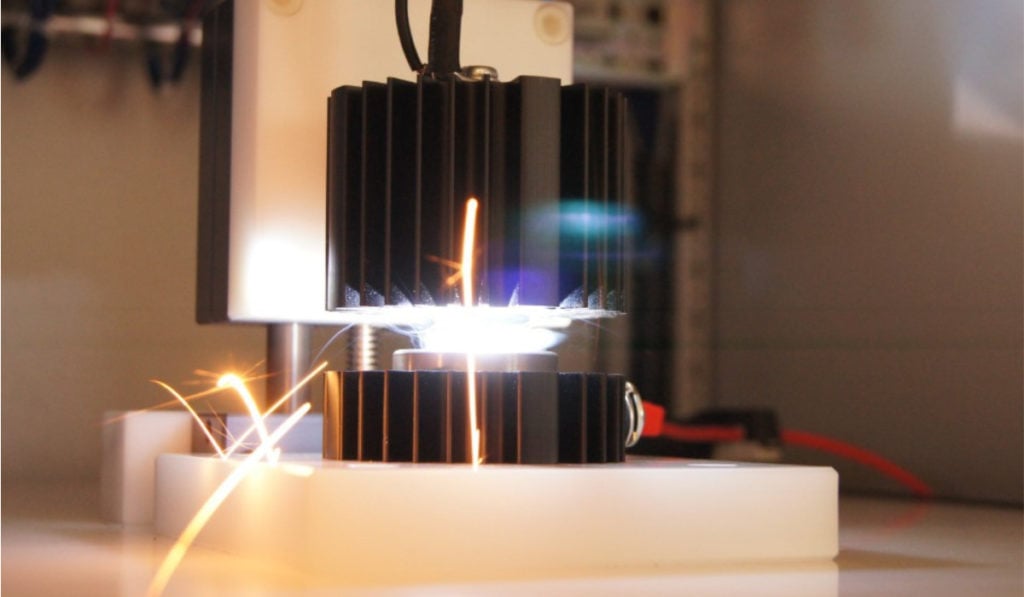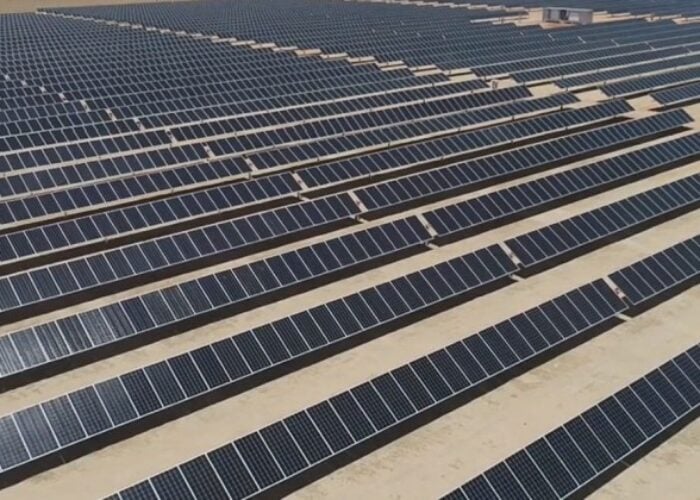
German research body Fraunhofer Institute for Solar Energy Systems (Fraunhofer ISE) has announced a new international test standard for PV inverters with integrated arc fault detection systems.
The new IEC standard 63027 will eliminate some of the weaknesses of the old UL 1699B standard, which did not simulate real operation sufficiently. The old standard, mandatory for newly installed PV systems in the US since 2011, could not detect many arcs as they did not reach the alarm threshold values or because false alarms were triggered.
Try Premium for just $1
- Full premium access for the first month at only $1
- Converts to an annual rate after 30 days unless cancelled
- Cancel anytime during the trial period
Premium Benefits
- Expert industry analysis and interviews
- Digital access to PV Tech Power journal
- Exclusive event discounts
Or get the full Premium subscription right away
Or continue reading this article for free
Fraunhofer ISE said that for the test based on IEC standard 63027, an electronic DC source is used as a PV simulator instead of real PV modules.
“A realistic test setup can significantly reduce the risk of undetected arcs and false tripping. In the test, it should be possible to ignite the arc as realistically as possible and under repeatable conditions,” said the institution.
“Current flows from the PV simulator into the inverter through a connection point that can be precisely disconnected. The connection point is a ball-and-socket joint made up of two tungsten electrodes, which are pulled apart at a defined speed, thus igniting a characteristic arc.”
The test setup also takes electrode distance and speed into account. To ensure the measurement result is not influenced by the PV simulator, a filter network is connected between the inverter and the simulated PV system.
“The time until the inverter is switched off is decisive for the proper functioning of the arc detector. The less time an arc burns, the lower the energy input is into the faulty contact point, i.e. short switch-off times reliably prevent a fire from starting,” the institution said, adding that if the energy is between 200 and 750 joules and the switch-off time is less than 2.5 seconds, the detector passes the test.
Automatic reconnection after detector tripping is allowed four times within 24 hours. After the fifth time, it must be reconnected manually.
The new test bench is now deployed in Fraunhofer ISE’s TestLab Power Electronics. Its focus is on the measurement and characterisation of electronic power feed units for industrial customers.
“With the new test bench, we are expanding the range of services offered by our TestLab Power Electronics, where we perform accredited tests in accordance with grid codes, efficiency measurements and impedance spectroscopy investigations of inverters,” said Steffen Eyhorn, head of TestLab Power Electronics.
The institution also recently opened a new outdoor solar technology test field in Germany, enabling a faster and more accurate evaluation of PV modules, as reported by PV Tech last week.






